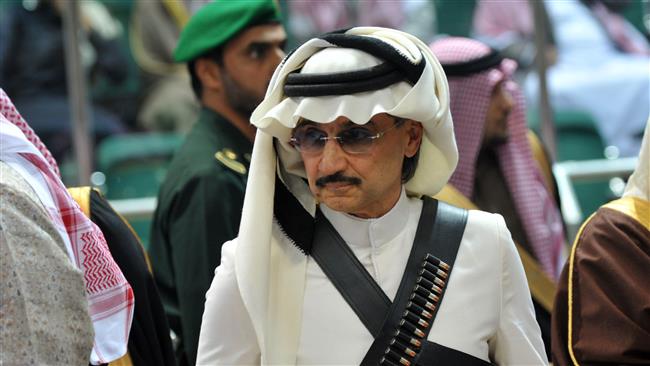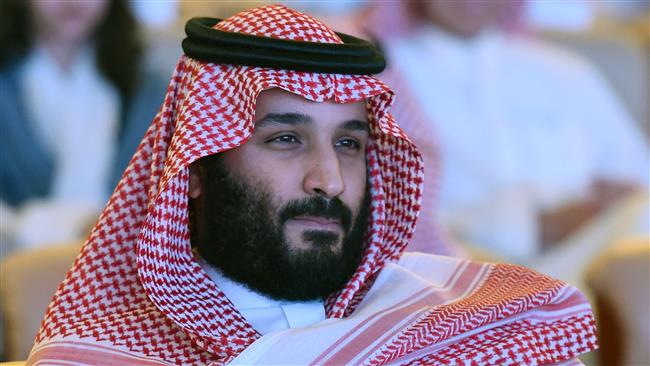Saudi arrests could be more about 'power politics,' HRW warns
Human Rights Watch has voiced serious concern over recent arrests in Saudi Arabia, saying detention of prominent royals and businessmen under the banner of battling corruption could in fact be more a case of internal power politics.
Sarah Leah Whitson, the HRW's Middle East director, said on Wednesday that the mass arrest of princes, current and former government ministers and officials as well as prominent businessmen by Saudi authorities raise human rights concerns.
"While Saudi media are framing these measures as Mohammed bin Salman's move against corruption, the mass arrests suggest this may be more about internal power politics," Whitson said.
The HRW official also demanded that Saudi authorities immediately reveal the legal and evidentiary basis for each case of detention.
"The middle-of-the-night simultaneous establishment of a new corruption body and mass arrests over corruption raise concerns that Saudi authorities detained people en masse and without outlining the basis of the detentions."
"It's great that Saudi authorities are declaring that they want to take on the scourge of corruption, but the right way to do that is through diligent judicial investigations against actual wrongdoing, not sensationalistic mass arrests to a luxury hotel," the HRW official said.
On Saturday, Saudi authorities arrested dozens of high-profile businessmen and politicians in a so-called anti-graft drive. Crown Prince Mohammed bin Salman ordered the arrests after he became the head of the Anti-Corruption Committee created earlier the same day.
Those detained included billionaire Prince al-Waleed bin Talal and the head of the national guard, Prince Miteb bin Abdullah.
Riyadh has defended the arrests as legal, saying that the suspects had been subjected to an extensive probe.
The detained individuals are facing allegations of money laundering, bribery, extorting officials and misappropriation of public office for personal benefits.
Saudi authorities have warned that any assets related to the corruption cases would be seized as state property.
Over the past year, the crown prince has become the ultimate decision maker for the Persian Gulf kingdom’s military, foreign, economic and social policies, angering some royals frustrated by his unorthodox and swift rise.
Political analysts say the purge by the 32-year-old crown prince has centralized power to a degree that is unprecedented in recent Saudi history.
US President Donald Trump has expressed support for the Saudi crackdown, saying some of those arrested had been “milking their country for years.”
D-8’s role in Iran’s economy after Cairo summit
China slams US as ‘war-addicted’ threat to global security
China ‘firmly opposes’ US military aid to Taiwan
VIDEO | Press TV's News Headlines
President Yoon Suk Yeol to be removed from office
At least 19 Gazans killed by Israeli airstrikes since dawn: Medics
Leader: Iran neither has nor needs proxy forces
US fighter aircraft shot down ‘in friendly fire’ amid aggression on Yemen












 This makes it easy to access the Press TV website
This makes it easy to access the Press TV website